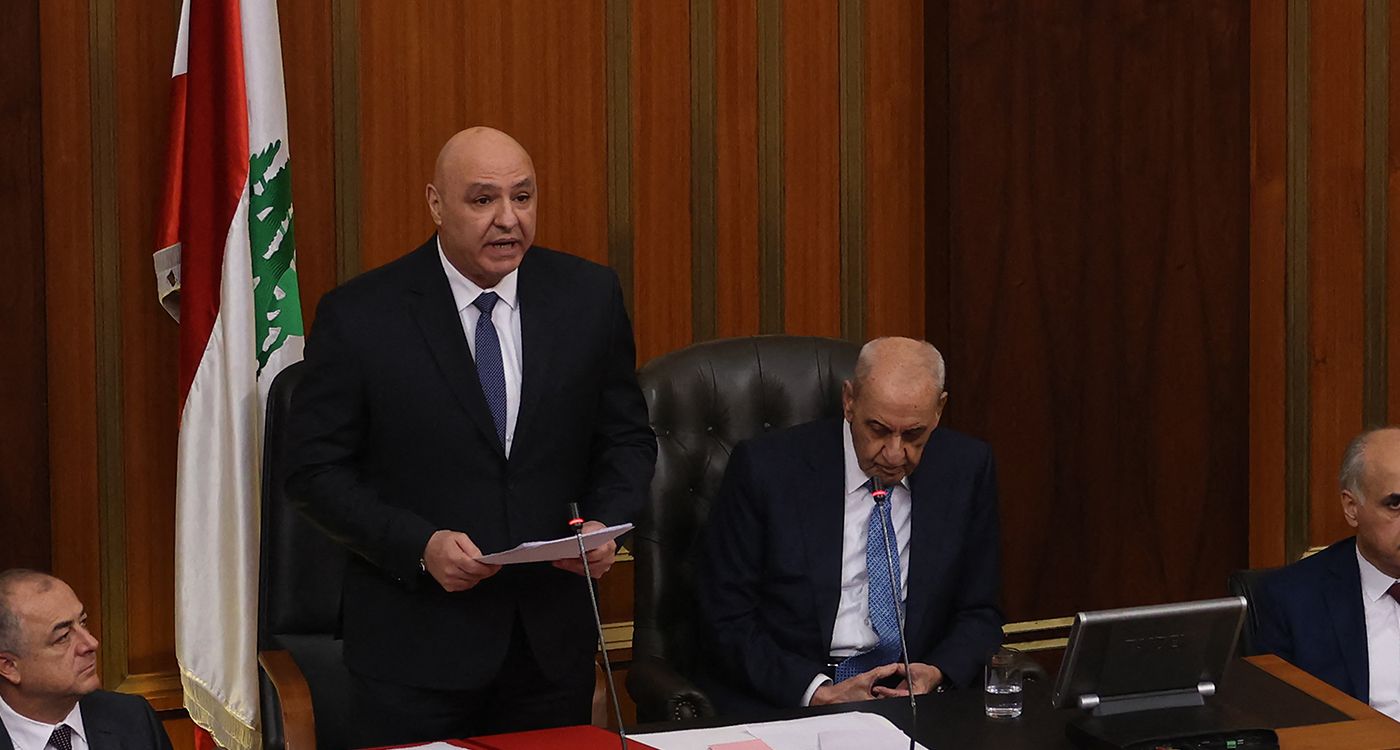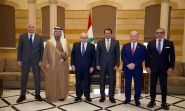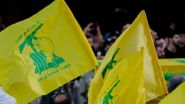
In his inaugural speech, President Joseph Aoun pledged to assert the State's right to an arms monopoly, and said he would convene a debate on the national defense strategy within a framework he himself has defined. In his view, only the Lebanese state can wage war against Israel.
It is rare for the election of a president in Lebanon to be met with such profound relief.
The relief felt by many Lebanese on Thursday reflects a deep awareness that Joseph Aoun’s election to the highest office marks the beginning of the end for a harmful and destructive way of governance. His leadership rekindles hope for rebuilding the state, with all that this entails, as European Commission President Ursula von der Leyen aptly noted.
Likewise, many international figures believe that with Joseph Aoun at the helm of the state, the path to reforms is now open. His impeccable tenure as the commander-in-chief of the Army, which had already earned him the respect of both the Arab and international communities, was evident once again during his inaugural address on Thursday in Parliament, where he broke from tradition.
In his speech, he made commitments that may be unpopular with a political class long accustomed to manipulating the Constitution and laws for its own benefit, but they are eagerly awaited by the Lebanese people.
At the forefront of these commitments is the pledge that the authorities will maintain exclusive control over weapons, even in confronting Israel. He expressed this in unequivocal terms, going so far as to precisely outline the framework within which a defense strategy — one he intends to open up for debate — should be established. No president before him had dared or been willing, at least with the same firmness, to put an end to Hezbollah’s arms, which have largely served to undermine the state and drag Lebanon into cycles of violence it could well have avoided.
The importance of this pledge also lies in the reassurance it provides to the international community that Lebanon will uphold the provisions of the ceasefire agreement that brought an end, in November 2024, to the entirely unnecessary war Hezbollah had dragged the country into.
Joseph Aoun didn’t mince words in making it clear to both his supporters and critics that he intends to restore the Lebanese state to its rightful dignity. His mandate bears a title that reflects his mission: "My mandate will be founded on respect for the Constitution," he declared to a thunderous round of applause under the dome of the parliament’s hall, following a brief overview and assessment of Lebanon's challenges.
"I am honored to be the first president of the Republic following the centenary of the creation of the State of Greater Lebanon, at a time when an earthquake has shaken the region, toppling alliances and overturning regimes. Even borders are at a risk of being redrawn. However, Lebanon has not changed, despite wars, bombings, foreign interventions, aggression, ambitions and the mismanagement of our crises."
"We are facing a governance crisis that requires a shift in political behavior to safeguard our security and borders, our economic policies, our planning for managing social affairs, the concept of democracy, Lebanon’s image abroad, our relations with the diaspora, and the principles of accountability and oversight (...). This is a crisis of governance and governors, marked by the non-application, misapplication, misinterpretation and poor formulation of laws," Aoun said.
“No More Security Strongholds”
"A new chapter in Lebanon’s history begins today," the new president said, committing right away to safeguarding both individual and collective freedoms.
Aoun also stressed the importance of adhering to the law and emphasized that "it is no longer acceptable, at this level, to practice a policy of double standards." "No more mafias, no more security strongholds, smuggling, money laundering or interference in the judiciary and police matters. No more safe havens or immunities for criminals, the corrupt or wrongdoers," he declared, before pledging to "work with the new government to secure the approval of a new law on judicial independence" and to move forward with judicial appointments that had been blocked by his predecessor, Michel Aoun.
Furthermore, he pledged to promptly call for binding parliamentary consultations to appoint a prime minister, stressing that the appointee would be “a partner, not a competitor.” He stressed the priority of “competence over patronage and sectarianism” in appointing state officials.
Among his promises was the restructuring of the public administration, including the rotation of first-category positions. The president also expressed his aspiration for a qualified elite to assume key administrative roles.
The Defense Strategy
In terms of security, President Aoun pledged to fully assume his responsibilities as commander of the Armed Forces and president of the Higher Defense Council. He stressed his determination to “use these roles to reinforce the state’s exclusive authority over arms, while investing in the military to strengthen its ability to secure borders, tackle smuggling and terrorism and safeguard Lebanon’s territorial integrity.”
The president also vowed to boost security services and announced plans to initiate a debate on a comprehensive defense strategy, integrated within a broader national security framework that encompasses diplomatic, economic and military dimensions.
“This approach, I emphasize, will enable the Lebanese state — yes, the Lebanese state — to put an end to Israeli occupation and prevent further aggressions against Lebanon.”
In this same context, he emphasized his commitment to rebuilding the areas devastated during the war between Israel and Hezbollah, before expressing his intention to establish “the best possible relations” with Arab countries.
Relations with Syria
"Given the swift regional developments, we now have a historic opportunity to initiate a friendly dialogue with Syria to address all outstanding issues between Lebanon and Syria, particularly the mutual respect for the sovereignty and independence of both nations, border control and the resolution of the displaced Syrian population issue — free from any racism — so that they can return to their homes," Aoun added, also promising to develop the electoral law and push for the approval of the draft law on administrative decentralization.



Comments